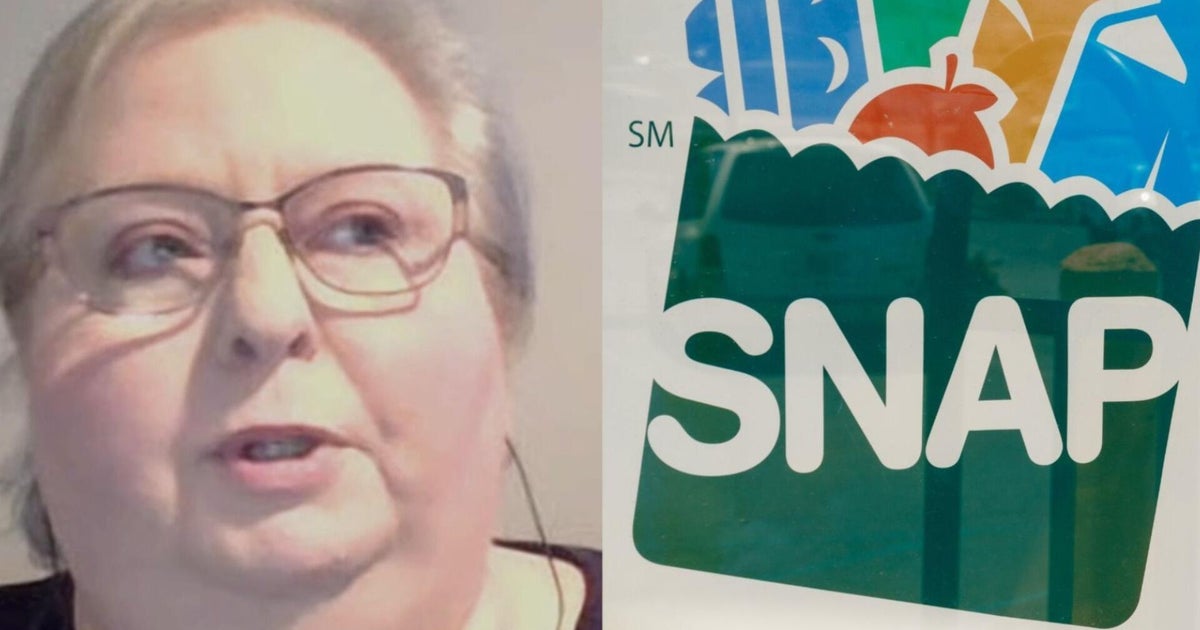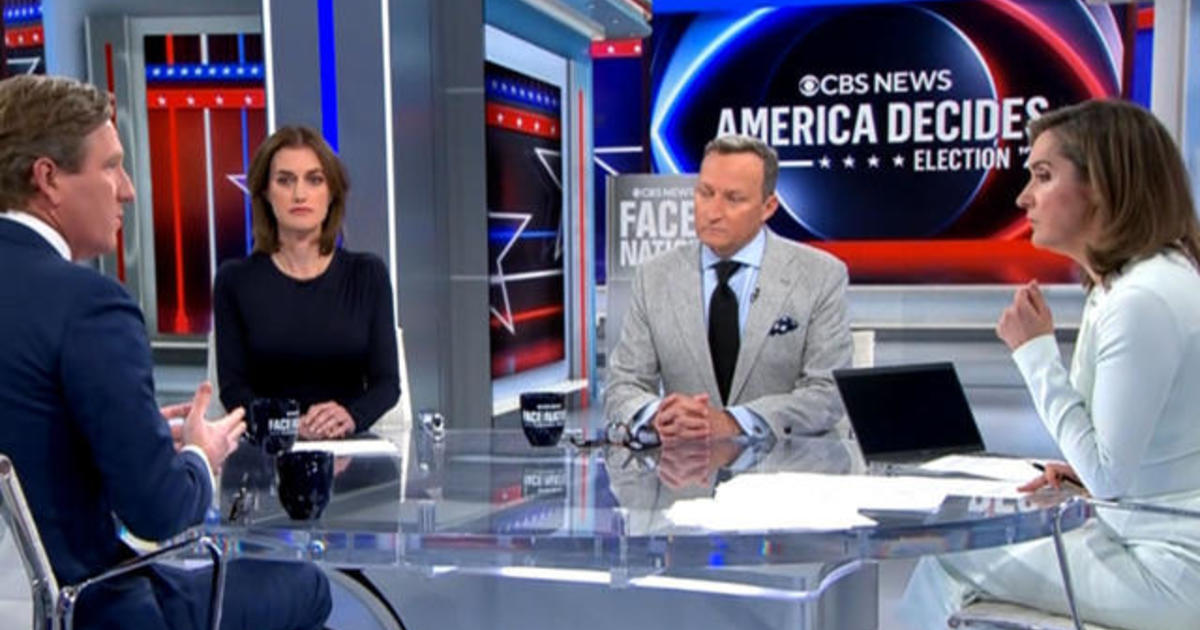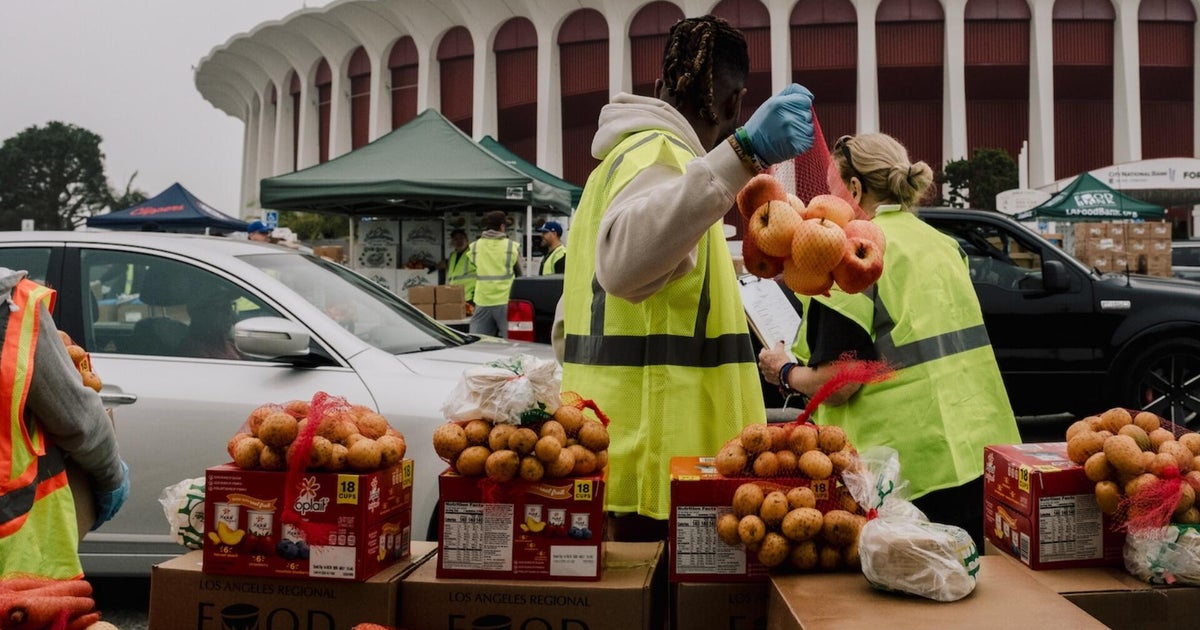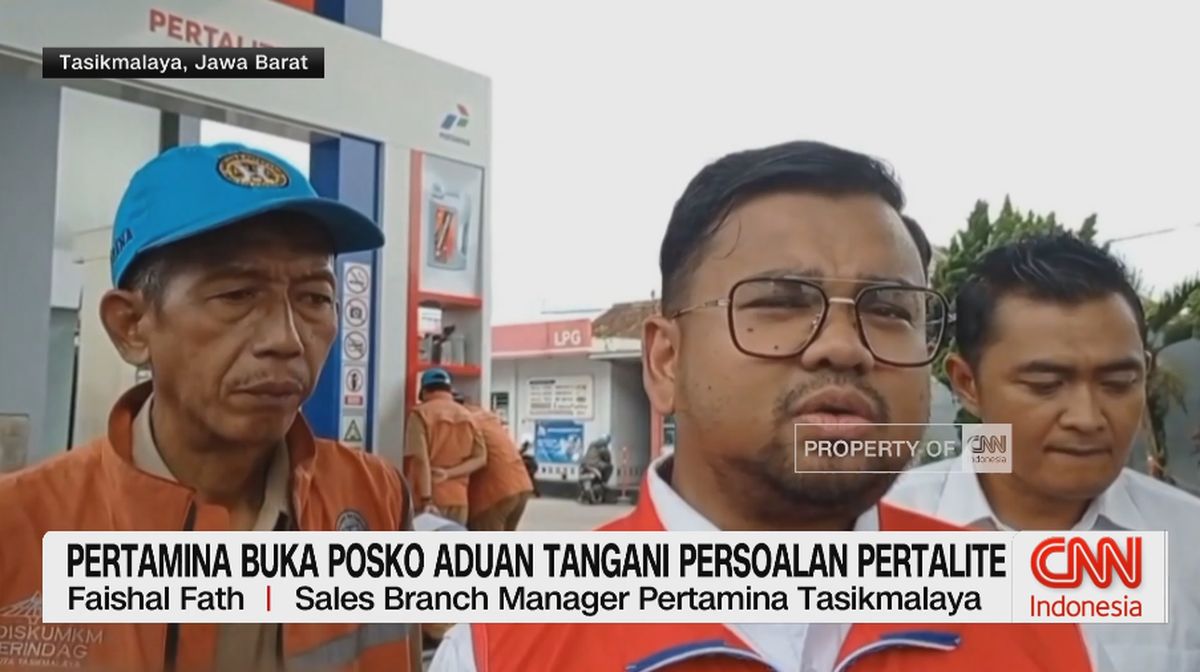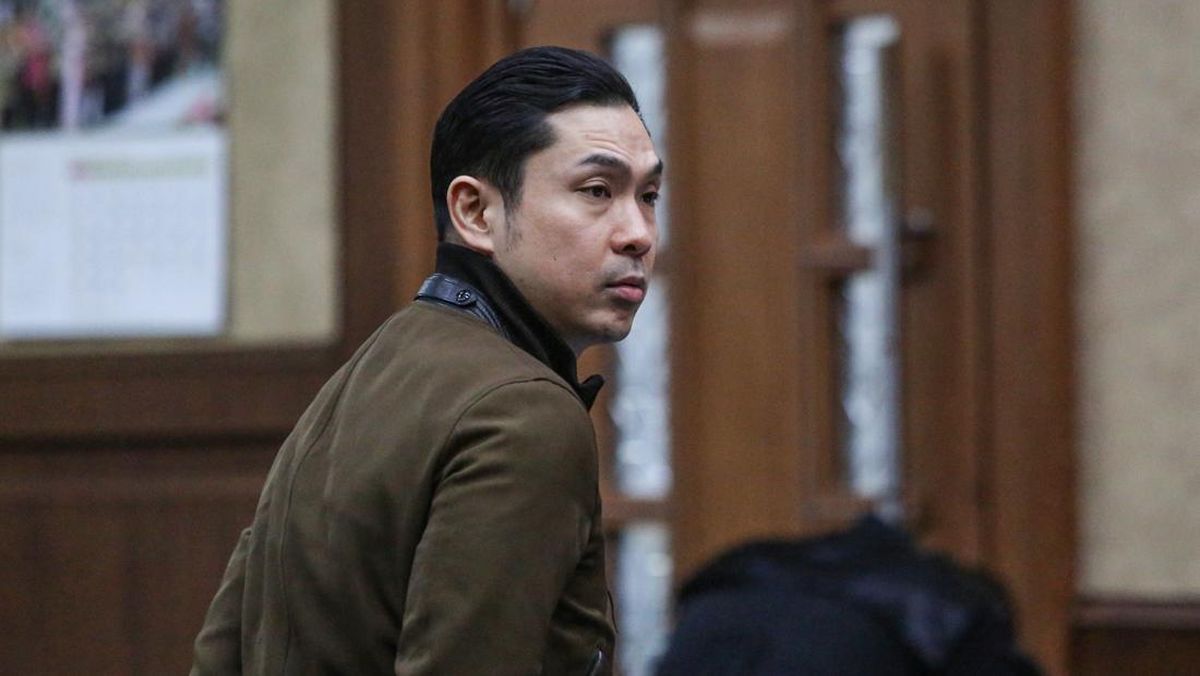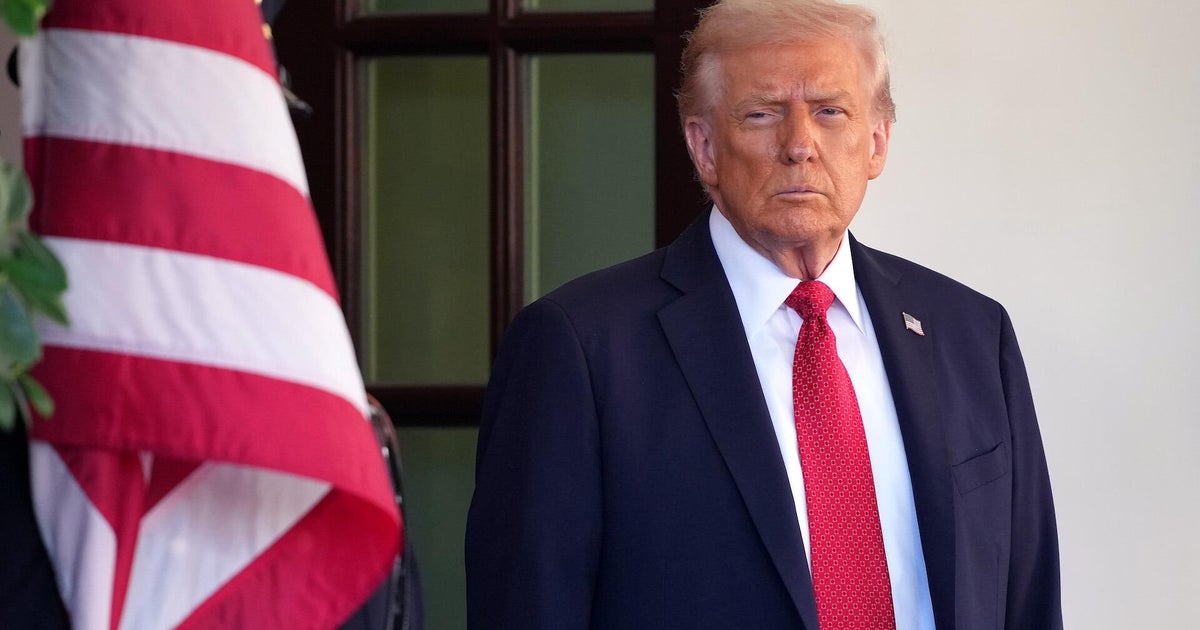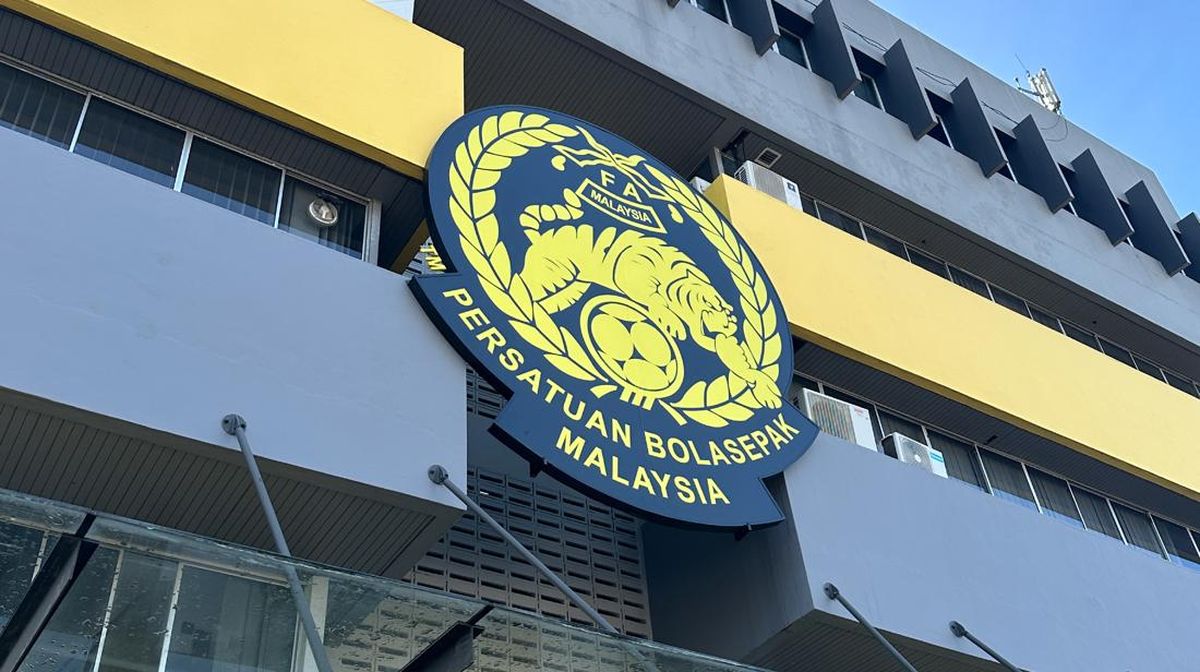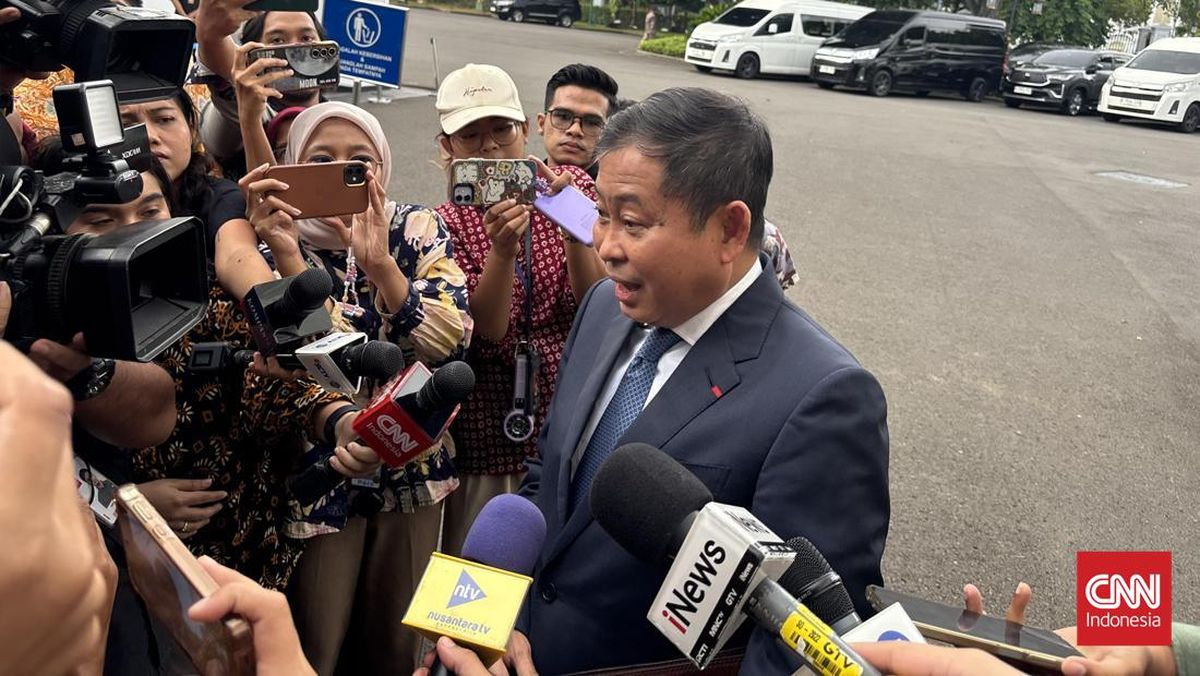A sweeping new survey of 3,000 registered Latino voters across the country finds that economic anxiety continues to dominate the political mood heading into the 2026 midterm elections, with cost of living, jobs, and housing far outpacing other issues as top priorities for the nation's second-largest voting bloc.
In the new survey, immigration, while still important to this increasingly swing electorate, is not the top issue but 5th behind affordability, jobs and other kitchen table issues.
According to the Unidos Bipartisan Poll of Hispanic Voters: The Road to 2026, first obtained by CBS News, 53% of Latino voters cite the cost of living and inflation as their leading concern, followed by jobs and the economy (36%), housing (32%), health care (30%) and immigration reform (20%). More than one-third say the economy is worse than it was a year ago, while just 14% believe it has improved.
Pocketbook concerns dominate nearly every measure of voter sentiment. Nearly two-thirds (65%) of Latino voters surveyed say President Trump and congressional Republicans are not doing enough to improve the economy — a 5-point increase since April — and half of respondents believe Mr. Trump's economic policies will make them personally worse off next year.
The perception of declining economic stability is fueling discontent with Washington: 81% of Latino voters say Congress is failing to fulfill its checks-and-balances role, and 62% disapprove of how the Republican Party is leading Congress. A similar share, 61%, blame Republicans for the recent government shutdown, compared to just 22% who fault Democrats.
"Hispanic voters keep stressing the need to address low wages and the rising cost of living, yet feel that the administration and Republicans whom they hold most responsible for the shutdown are not focusing enough on this," Clarissa Martinez de Castro, vice president of UnidosUS, told CBS News.
"Making matters worse, Hispanic voters also feel that civil rights and freedoms, and their personal safety or that of their loved ones are at risk. Perhaps that is why an overwhelming 81% are concerned that Congress is giving the president too much authority and power."
In the new poll by the nation's largest Latino advocacy organization, 64% of Latinos disapprove of Mr. Trump's job performance, with 13% of his 2024 supporters saying they would not vote for him again and another 9% uncertain. The issues most shaping opinions of the president include cost of living and inflation, immigration arrests and deportations, jobs, and cuts to Medicaid and food assistance programs.
For the president, the results mark a sharp contrast with his 2024 performance among Hispanic voters — a constituency that helped fuel his return to the White House. Now, economic pessimism and disapproval of congressional Republicans could reshape Latino turnout and partisan alignment heading into the next midterm cycle.
If the midterms were held today, 52% of Latinos surveyed say they would vote for the Democratic House candidate, compared to 28% for the Republican — underscoring a widening partisan gap since 2024, when Mr. Trump carried 48% of Latino voters overall and 54% of Latino men in his successful presidential bid, according to Pew Research.
By and large, Latino voters stand by their 2024 presidential vote choices, however, including those who supported the president a year ago. Asked if they had to do it over again, would they still vote for President Trump or former Vice President Harris, 78% of Trump supporters said they would and 93% of Harris supporters also responded in the affirmative.
"The fascinating part is that the Democrats haven't really lost Latino voters, but they're not winning them back," Daniel Garza from the right-leaning LIBRE initiative said in an interview with CBS in response to the poll. "We're at this inflection point. And they're waiting for somebody to win them over with something positive, productive that's going to move us forward. And right now, I don't think that Trump is meeting expectations, but Democrats have done nothing. They're worse off, actually." Garza described them as "obstructionists" in the ongoing government shutdown.
Garza predicts that if the economy improves by the spring under the Trump administration's economic policies, "Democrats may lose (Latino voters) forever."
According to the poll, Latino voters are leaning towards Democrats on a range of issues, with 55% saying the Democratic Party cares "a great deal" about the Latino community, compared to just 29% who say the same of Republicans. One in three view the GOP as "hostile" to Latinos.
When asked which party they trust most on key policy areas, Democrats hold advantages on several key issues including health care. However, the GOP maintains an edge on border security.
The bipartisan survey was conducted across the country with over samples of 400 registered Latino voters in Arizona, California, Florida, Colorado, Texas and Georgia.
In California, which is holding a special election on Tuesday to decide on a California ballot measure that would allow state Democrats to redraw several congressional districts to make them more favorable to their party, Latino voter turnout could wield outsized influence on how this contest plays out. California has the largest Latino-eligible electorate. Both sides of the Proposition 50 debate have been appealing to the Hispanic populations. The Democratic National Committee announced earlier this fall a bilingual organizing initiative that targets these potential voters and includes 41,000 volunteers canvassing and phone banking traditionally Latino communities in California.
On the subject of immigration, the survey captures deep unease about civil liberties and public safety: 72% of those surveyed oppose a recent Supreme Court decision allowing immigration agents to use a person's language, appearance and work location as grounds for making a stop, 59% say their rights and liberties feel less secure than before, and about half oppose deploying U.S. troops to cities for crime or immigration enforcement.
The high court froze a district court's temporary restraining order that prevented federal immigration authorities from stopping people in southern California by relying solely on four factors: apparent race or ethnicity, speaking Spanish or speaking English with an ascend, being at a specific location like a day laborer pickup site, and a person's occupation. In the survey, 41% of the respondents said they fear they or someone close to them might be arrested by federal immigration agents despite having legal status.
Nearly half (49%) also said they are "very concerned" that they or someone close could become a victim of political violence, with 44% blaming the rise in such violence mostly on Republican rhetoric.
The UnidosUS survey was conducted Oct. 8 through Oct. 22 by BSP Research and Shaw & Company Research, the head of which, Daron R. Shaw, serves as part of the polling team for Fox News. BSP Research conducted polls for Democrats in 2024.
CBS News polling throughout the 2024 campaign pointed to dissatisfaction with the economy and rising prices as key drivers of voting decisions. This year, CBS News polling also indicated that many voters are still unhappy with the direction of the country and the economy specifically.
According to a CBS News national survey last month, most Latinos rank either the economy/jobs (26%) or inflation (25%) as the most important issue facing the country. Two-thirds of Latinos rate the national economy negatively. And Mr. Trump's job approval rating has slid to 38% among Latinos, from a high of 49% at the start of his term.
Mr. Trump's approval rating on handling inflation has fallen to a 32% among Latinos, and majorities say his policies are costing the U.S. jobs and making them worse off financially. Nationwide, most Latinos now say whether or not they support him, they believe that Mr. Trump is not following through on the promises he made during his campaign.






